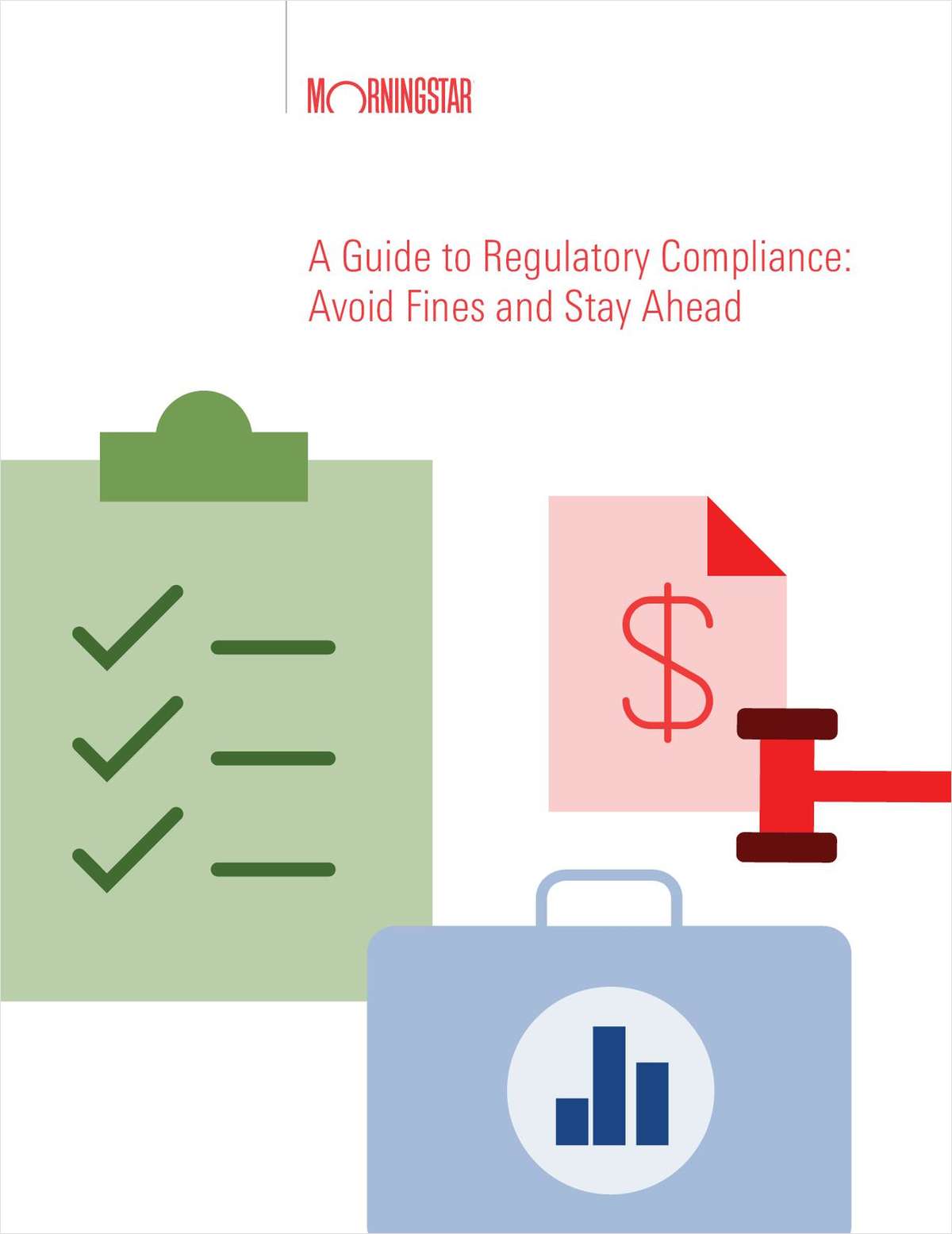More from ALM
- Scan In Progress: Litigators Leverage AI to Screen Prospective Jurors 1 minute read
- Legal Speak at General Counsel Conference East 2024: Match Group's Katie Dugan & Herrick's Carol Goodman 1 minute read
- Legal Speak at General Counsel Conference East 2024: Eric Wall, Executive VP, Syllo 1 minute read
Resources

A Guide to Regulatory Compliance: Avoid Fines and Stay Ahead
Brought to you by Morningstar, Inc.
Download Now

A Guide to Transformative Trends Shaping the Employee Benefits Landscape
Brought to you by ArmadaCare
Download Now

Market Study: The Application and Consumer Perception of Artificial Intelligence in Banking
Brought to you by Alkami
Download Now

The Ways We Pay, Day-to-Day
Brought to you by CPI
Download Now





